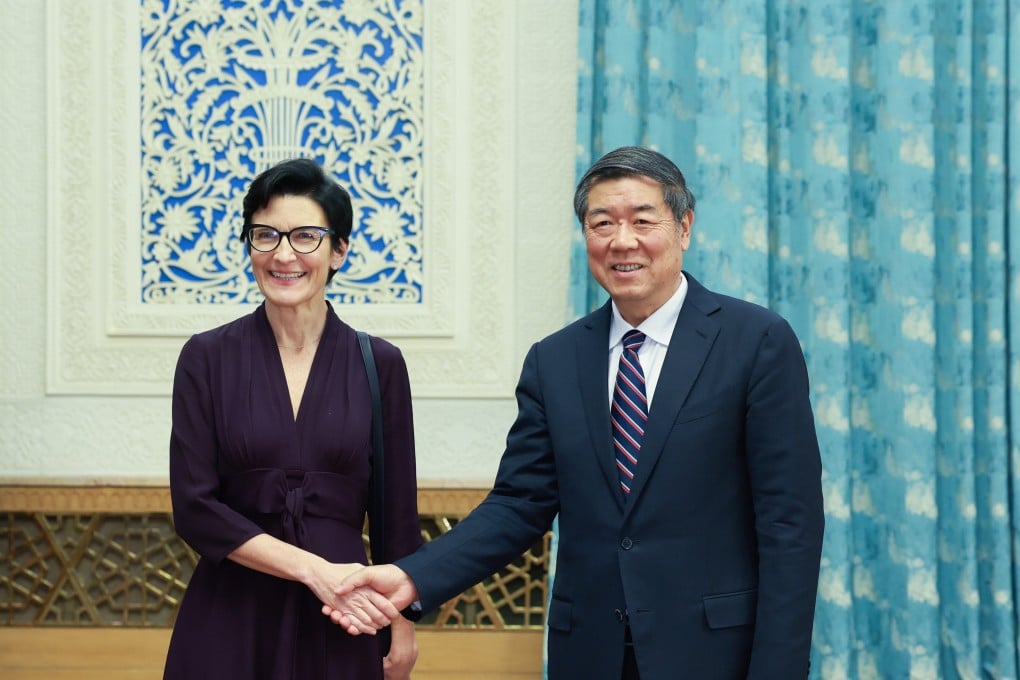Editorial | Beijing and foreign investors need each other in the long run
As China enters a new phase of high-quality development in a challenging environment, business decisions truly reflecting that potential are required

Foreign direct investment (FDI) in China has been in retreat since well before the Trump tariffs threat became real, prompting high-profile efforts by Chinese leaders and top local officials to rally investor confidence.
A meeting in Beijing between Vice-Premier He Lifeng and Citigroup chief executive officer Jane Fraser is a recent case in point.
FDI fell by nearly 30 per cent in the 10 months to October. However, this is not the only benchmark of the country’s development and growth potential. Evidence of that is to be found in robust investment via China’s stock market. Many foreign portfolio investors have turned bullish, some well before the stimulus policy “bazooka” in September.
The CSI 300 Index is one of the best performers in Asia. This comes as China enters a new stage of high-quality development which is focusing more on hi-tech rather than on traditional manufacturing.
There are negative influences at work in the FDI figure, such as disappointment that the policy bazooka did not trigger an immediate rebound in stock and property markets, the Trump tariffs factor and other anti-China measures.
In the long term, however, the issue is structural. As local industry becomes more competitive, foreign businesses are being squeezed out. FDI in manufacturing has been declining steadily for the past 15 years – even as China’s total global manufacturing share has been rising.

